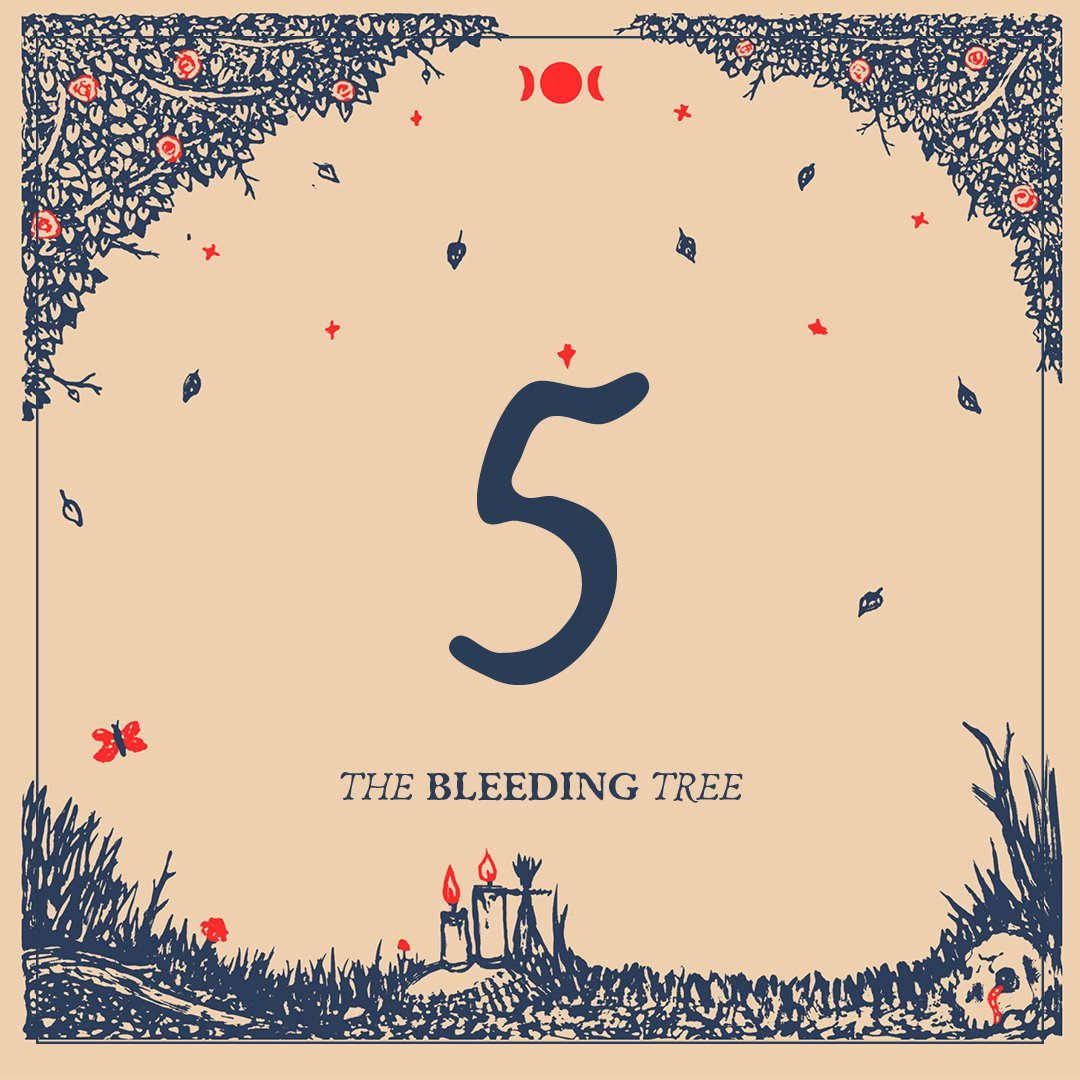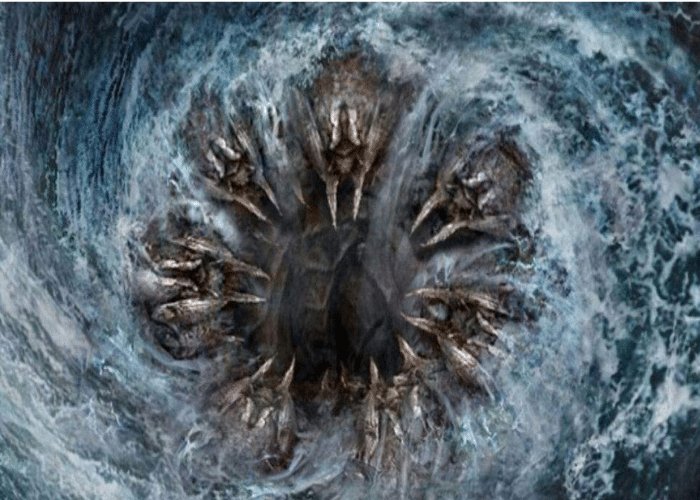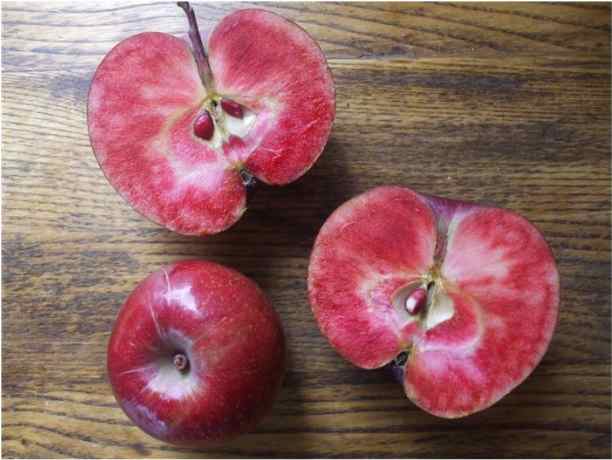I've never quite been the same since I learned about trovants. These are rocks, actual rocks, that not only 'grow' but MULTIPLY. 
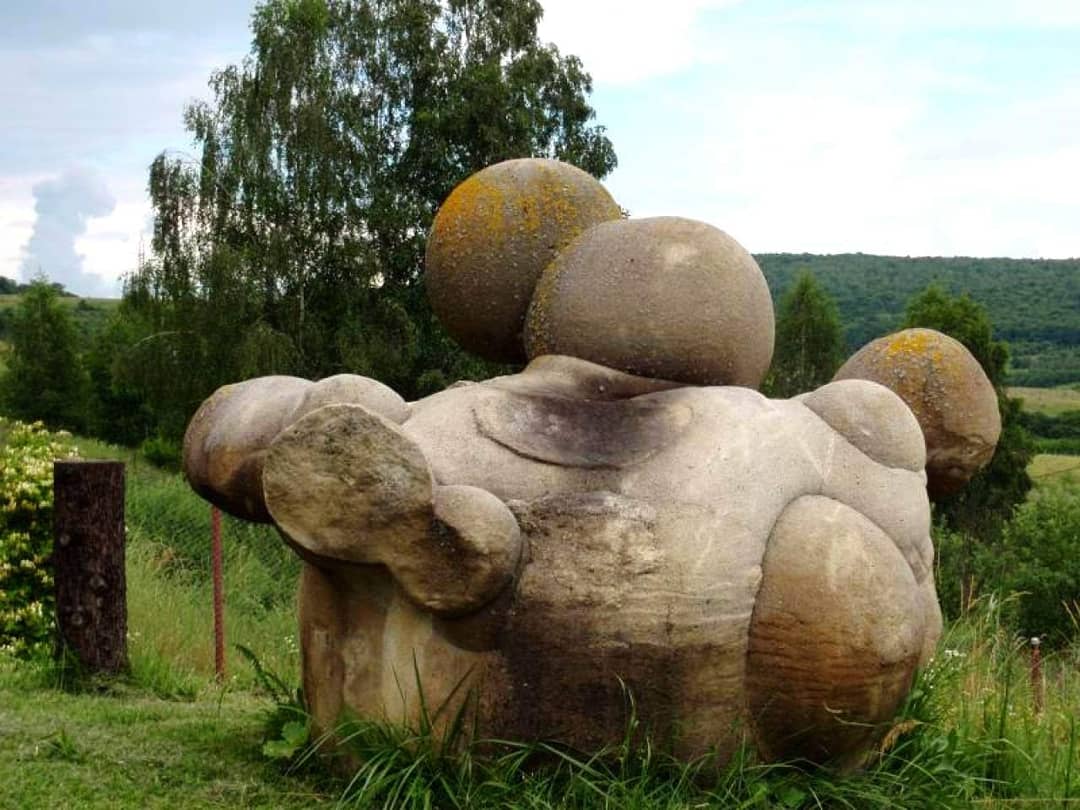
The most famous example can be found in the tiny village of Costeşti in Valcea County, Romania. Known locally as the 'living stones' they have been the backdrop to folktales for millennia.
Indeed they have been there much longer than people, coming into existence due to a series of earthquakes some 6 million years ago.
Trovants are composed of a hard stone core surrounded by an outer 'shell' of highly porous sand cemented in place by waters of the region rich in calcium carbonate. During heavy showers trovants absorb minerals from the rainwater which react with its own interior materials, 
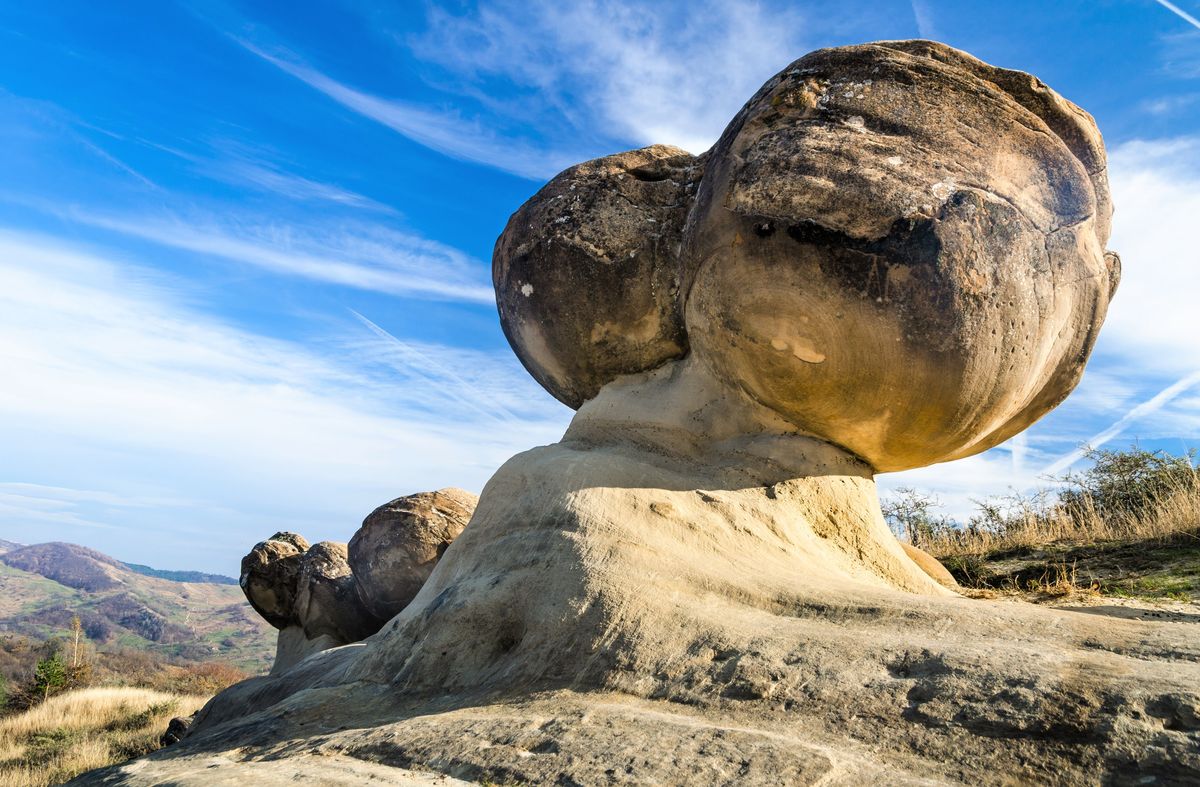
causing forms to appear on the surface. The pressure caused by the reaction spontaneously makes the rock 'grow' from the centre outwards at a rate of about 5cm every 1000 years.
Over long periods trovants can become huge. Because of the unusual way they form they often appear alien to the landscape surrounding them; giant cylinders or bulbous orbs. If the secretion is uneven they can appear to multiply and even move from one place to another.
Locals have long used the mysterious rocks to build tombstones, imbuing their immortality with great ceremonial meaning.
Trovants may also have root-like extensions and age rings when cut open, thereby seeming to have as much in common with living trees as inert geological phenomena.
The Trovants Museum and Natural Reserve in Costeşti is protected by UNESCO. Similar examples of the peculiar living rocks can be found in Russia, the steppes of Kazakhstan, and the Czech Republic.
#folkhorror #romanianfolklore #russianfolklore #creepy #trovant #growingrocks #aliens #weirdgeology
#geology #transylvania
#geology #transylvania
• • •
Missing some Tweet in this thread? You can try to
force a refresh













